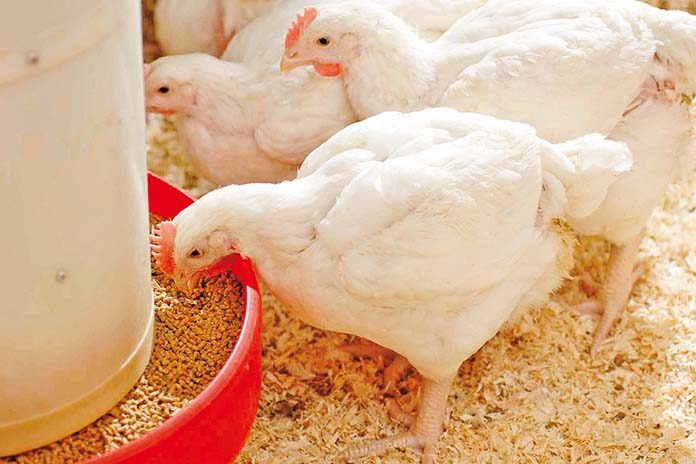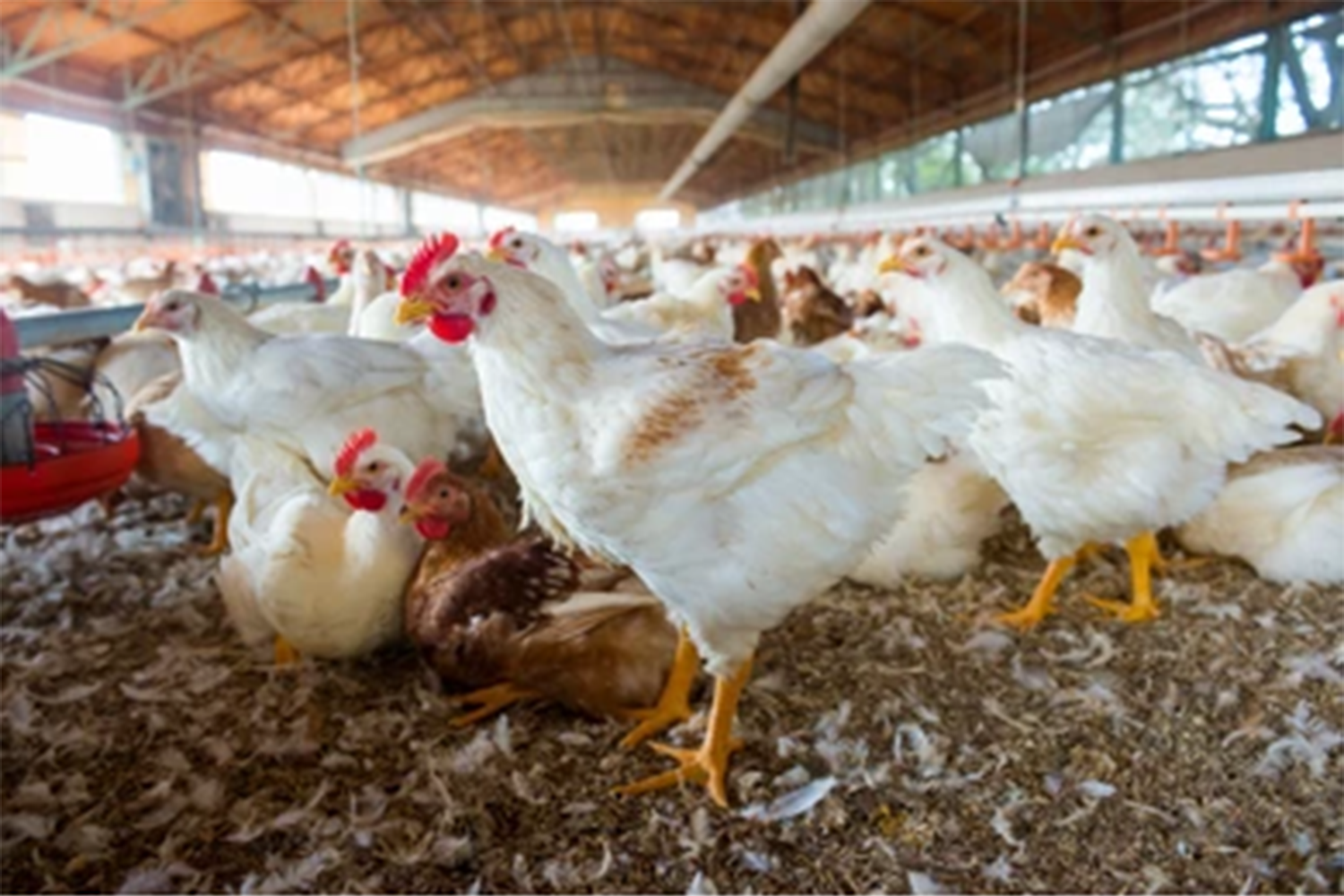The nutritional requirements of broiler chickens are critical factors that influence their growth, health, and overall performance.
Protein:
Protein is one of the most crucial nutrients for broiler chickens, as it is essential for muscle development and growth. Broiler starter feeds typically contain high levels of protein (around 20-24%) to support rapid muscle growth during the early stages of life. As chickens mature, the protein levels in their diet can be gradually reduced, but it should still be sufficient to support muscle maintenance and development.

Energy:
Energy is another vital component of broiler chicken diets, providing the fuel needed for various metabolic processes and activities. Carbohydrates and fats are the primary sources of energy in chicken feed. Broiler diets should be energy-dense to support the high metabolic rate and rapid growth of these birds. Corn, wheat, and soybean meal are commonly used ingredients to provide energy in broiler feeds.
Vitamins and Minerals:
Vitamins and minerals play essential roles in various physiological functions, including bone development, immune function, and egg production. Broiler chickens require a wide range of vitamins and minerals in their diet, including vitamin A, vitamin D, vitamin E, calcium, phosphorus, and zinc, among others. Commercially formulated feeds are typically fortified with vitamins and minerals to ensure that broiler chickens receive all the essential nutrients they need.

Water:
Water is often overlooked but is perhaps the most critical nutrient for broiler chickens. It is involved in almost every metabolic process in the body and is essential for maintaining hydration, regulating body temperature, and aiding in digestion. Broiler chickens should have access to clean, fresh water at all times to support their health and performance. Dehydration can lead to reduced feed intake, poor growth, and increased susceptibility to heat stress and disease.
Amino Acids:
Amino acids are the building blocks of protein and are essential for muscle growth and development in broiler chickens. While some amino acids can be synthesized by the chicken’s body, others, known as essential amino acids, must be obtained from the diet. Methionine, lysine, and threonine are examples of essential amino acids that are commonly supplemented in broiler feeds to ensure balanced nutrition and optimal growth.
Conclusion:
Meeting the nutritional requirements of broiler chickens is essential for successful poultry farming. By providing a balanced diet that meets their needs for protein, energy, vitamins, minerals, and amino acids, you can support healthy growth, maximize performance, and ensure the profitability of your broiler operation. Working with a nutritionist or using commercially formulated feeds can help you meet these requirements and optimize the health and welfare of your broiler flock.




